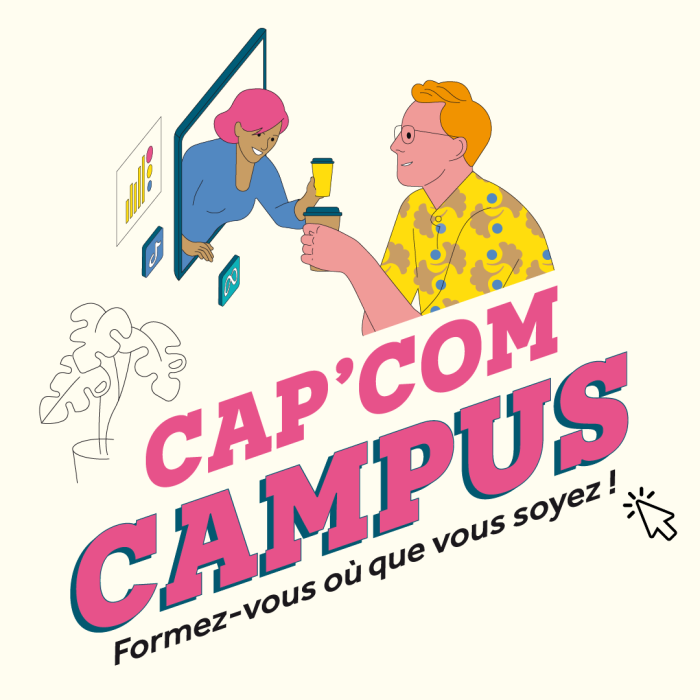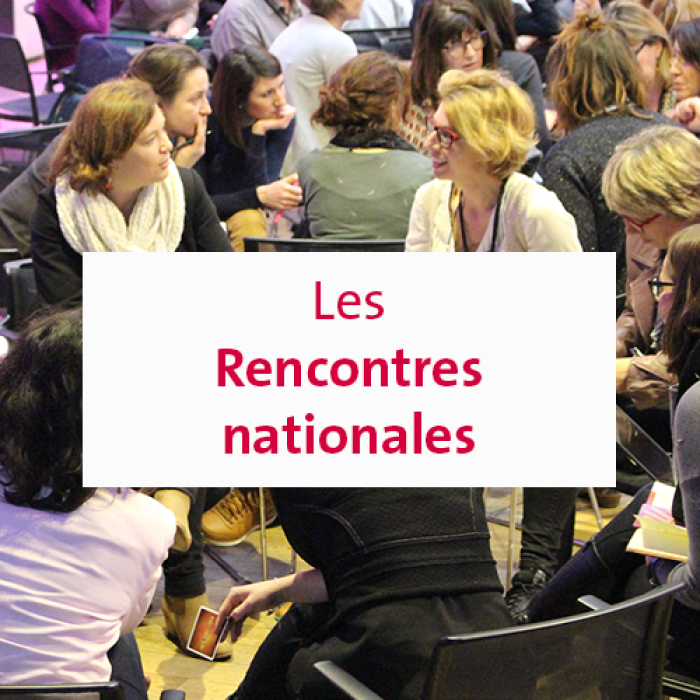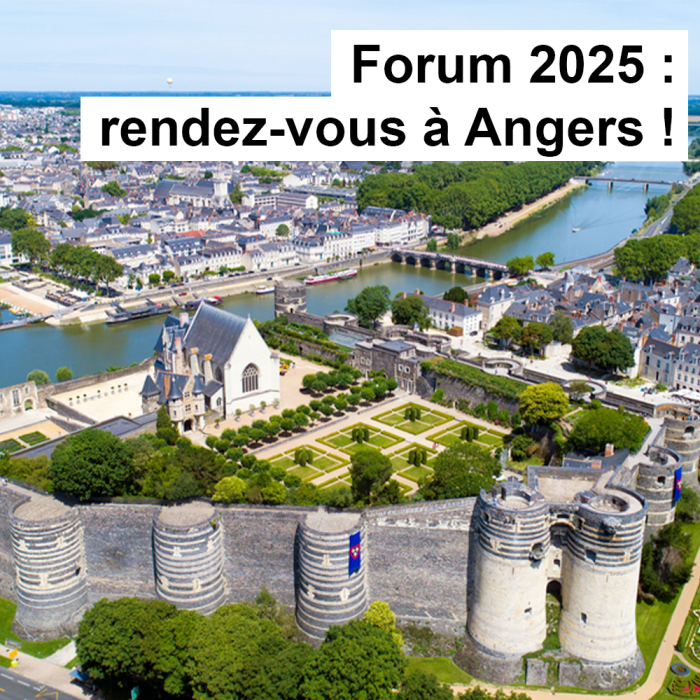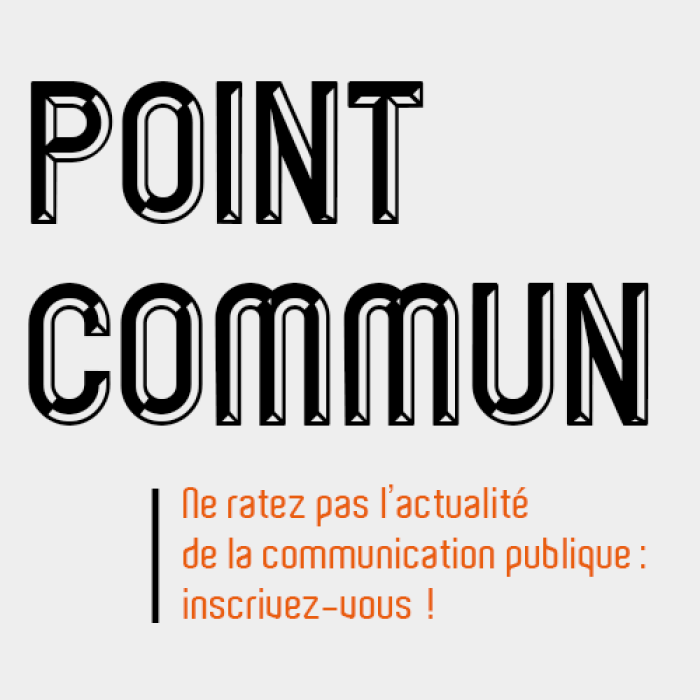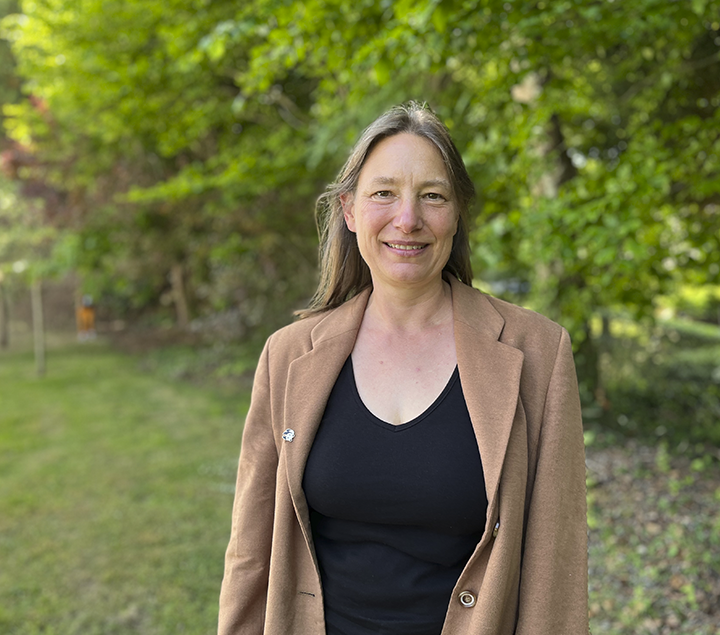
Communicating the love of nature
WWF Germany wanted to convince the general public of the importance of protecting the forests with a film that was both poignant and compassionate. The film breaks the mould of nature conservation films by using the language of the heart. Dr Susanne Winter, who led the project, explains her approach.
The film “Love” was the 2022 winner in the INFO category (under 26 minutes) of the Deauville Green Awards at the International Festival for Responsible Films. https://www.youtube.com/watch?v=ORSnvOxFS5o It tells the story of the friendship between an old, endangered tree and a very young child. It also tells the story of 21 hectares of forest destroyed every minute in the world, through overexploitation or fire.
Cap'Com : Why did you commission this film?
Dr Susanne Winter : Everyone knows that forests are disappearing. Our aim was to show the emotional relationship between humans and forests and the interdependencies between them. The main theme of the film is the relationship between people and trees, which we wanted to shine a light on through new language.
We need to find new ways to break through barriers, to get out of the rut.
Cap'Com : Who’s the audience for this short film?
Dr Susanne Winter : The film, now available on our web platforms, is aimed at people who don’t have a very close relationship with nature: those who are indifferent to it or who feel distant from it. It was developed to encourage a genuine, personal connection, overcoming stereotypes, rejection and obstacles. It’s the same for everything. We need to find new ways to break through barriers, to get out of the rut. We know that resources are limited and that we need to work together. But for this to happen, there needs to be broader support. So, we have to change our habits to protect resources, because this affects us all.
Cap'Com : What is the relationship with the public authorities and local communities around your projects?
Dr Susanne Winter : WWF works with many different levels of governance, from the very top to the very grassroots. In Asia and Africa, where we’ve recently been working, we forged relationships with various communities, groups, villages and of course their representatives. We often work with forest districts, just as we do with national governments. This involves monitoring public policies at these different levels. Most of our films are about what exists, about concrete, localised actions. So, we always look at local initiatives because we’re looking for models at grassroots level: this is often where the interesting points develop. We follow 160 European institutions working on forest conservation. We also follow initiatives to share experiences. We start at ground level and then work our way up to the other end of the chain. This is clearly the objective of “Love”, a film which bridges the gap between tress and citizens. The most important thing for this film was to find the link between sustainable demand and sustainable supply chain.
Cap'Com : What advice would you give on how to raise public awareness of these issues?
Dr Susanne Winter : We chose to work on the emotional relationship so that, in the end, we could restore the forests. To achieve this, we wove a story to recreate this emotional link. That’s one way. There are others. Like stimulating debate, discussing, asking ourselves what we can do to help. In a nutshell, show what’s happening at the local, human level. As a starting point, I think we first need to find out how to do this individually. It’s a personal process. So, we need to reach out to individuals. WWF supports micro-actions and people who get deeply involved to develop the emotional relationship. In the area I work on at WWF, I’ve also come to the conclusion that it’s important to give advice to everyone on how to use wood sustainably – using paper in a sustainable way, for example. This means developing a responsible supply chain on a larger scale. So, it’s about personal change, not as a result of grand speeches on environmental protection, but as a result of practical, personal recommendations. And its macro consequences support the efficient reuse of resources.
